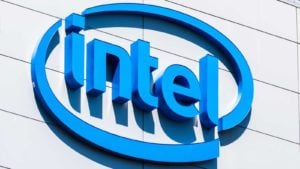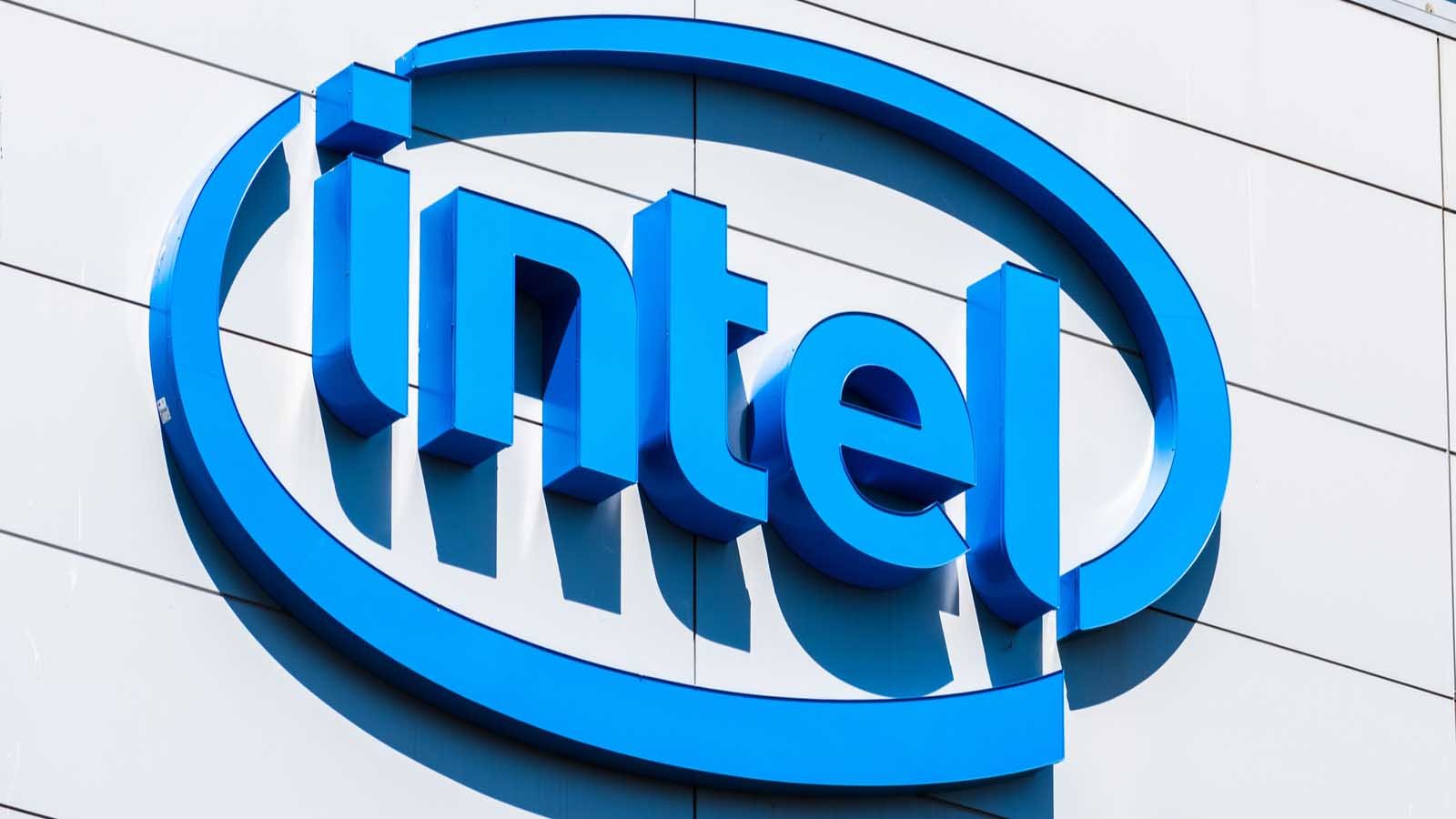On its face, Intel (NASDAQ:INTC) stock looks like a steal. After all, Intel is one of tech’s greatest and oldest companies. Yet Intel stock trades at some of the lowest multiples in the market.

Indeed, Intel is valued at just 10.8x the consensus earnings-per-share estimate for 2021. Many other chip stocks are valued three or four times as dearly — at least. Few large-cap stocks trade at similar multiples, and most of those names have obvious, significant problems.
But Intel has a pretty significant problem itself: it’s hemorrhaging market share. Rivals are moving faster and executing better. Intel seems stuck.
That might be a fixable problem. It might not. Intel, after all, has been trying to improve its execution for years. It hasn’t done so yet, which is the key reason why Intel stock plunged after earnings in late July. Until that problem does get fixed, or Intel at least shows some progress, the stock is going to remain stuck.
The Curse of High Market Share
One of the problems with having dominant market share is that there’s really nowhere to go but down. Potential growth winds up being capped at around growth rate of the overall market. That’s far from the case with the companies in my Investment Opportunities reports.
It’s a “champagne problem,” certainly. Market dominance is better than having low or zero share. Well-known entrepreneur Mark Cuban recently highlighted how often participants on Shark Tank, where he is a judge, talk about getting “just one percent” of a market. It’s much more difficult than it sounds.
But keeping market share isn’t easy, either. Every other participant in the market has a clear benchmark to hit. It’s easy for leaders to get complacent. The history of the stock market is littered with companies that faded from dominant positions, often in a hurry.
Intel’s revenues aren’t going to collapse overnight. But it’s losing share in datacenter, where it had as much as 95% of the market. Similar dominance in CPUs (central processing units) in Europe is starting to fade.
PC gamers are switching away as well — and those users generally are the most tech-savvy when it comes to chips.
Intel still has the best brand, certainly. As far as the average user goes, it may well have the only brand, thanks to its innovative “Intel Inside” marketing campaign. But it doesn’t have the only chips. Increasingly, tech-savvy customers seem to believe that it doesn’t have the best chips. That’s a problem. It’s losing its market leadership, unlike the company I’m touting as being the most significant game-changer in mobile communication in decades. The growth for that company is just getting started.
Failure to Execute
It’s a problem because Intel’s chips aren’t getting better fast enough. Intel stock plunged after second quarter earnings, but not because the numbers were poor. Intel’s results actually topped Wall Street expectations.
What drove the selloff was the company’s disclosure of further delays in CPU development. Intel still hasn’t gotten to the 7 nanometer node. Rivals are looking at 5nm and even 3nm. (Smaller nodes perform better.)
At a certain point, Intel’s brand and years of goodwill are not going to offset a significant technical deficit. Given market share losses, with some customers the company already has reached that point. If Intel’s failure to execute continues, even customers without deep knowledge of semiconductor architectures are going to start looking in a different direction.
Is Intel Stock Cheap Enough?
To be fair, there are multiple rebuttals that INTC bulls can make here.
First, the market still is growing. That’s particularly true on the datacenter side. So even if Intel is losing share, it can still grow revenue. Indeed, it has done so. Data center revenue increased 43% year-over-year in the second quarter. Total revenue rose a sharp 20%.
But the quarter benefited from demand that slipped out of the first quarter into the second, thanks to the novel coronavirus pandemic. Full-year guidance suggests sales of $75 billion, up only about 4% from 2019 levels.
That’s not good enough given far higher growth rates in underlying markets. And if share losses continue, or accelerate, even that paltry growth rate will slow even further.
The second is that Intel can fix those problems. It’s possible. But, again, investors need to see some evidence first.
Finally, bulls could argue that Intel stock is cheap enough. And it is cheap. But I’d ask investors: has owning cheap stocks worked out well in this bull market? The answer, generally, is no.
That trend isn’t because investors aren’t paying attention. It’s because they want to own the companies that can take advantage of the megatrends that are going to power the economic growth of the next decade.
Intel’s markets will benefit from those megatrends. But the company has a long way to go to prove that it will be able to take advantage.
In that way, it’s a much less appealing tech company to bet on than my latest pick as the future leader of mobile communication. While several tech titans helped lay the foundation for our hyper-connected society, this company stands to lead a technological revolution that will forever change communication on a global scale.
As InvestorPlace’s chief technology analyst, I’ve worked feverishly with a veteran research team to identify the best stocks to buy. Over the years, InvestorPlace’s research has helped millions get ahead of the curve. Our subscribers have enjoyed massive gains in tech titans long before they were kings.
Now, I’m ready to share with you the stock behind the next big development in communication. The company has already inked deals with key mobile phone partners. But it’s bound to become its own king with an approach to mobile interaction that we’ve never seen before.
On the date of publication, neither Matt McCall nor the InvestorPlace Research Staff member primarily responsible for this article held (either directly or indirectly) any positions in the securities mentioned in the article.
Matthew McCall left Wall Street to actually help investors — by getting them into the world’s biggest, most revolutionary trends BEFORE anyone else. Click here to see what Matt has up his sleeve now. As of this writing, Matt did not hold a position in any of the aforementioned securities.
